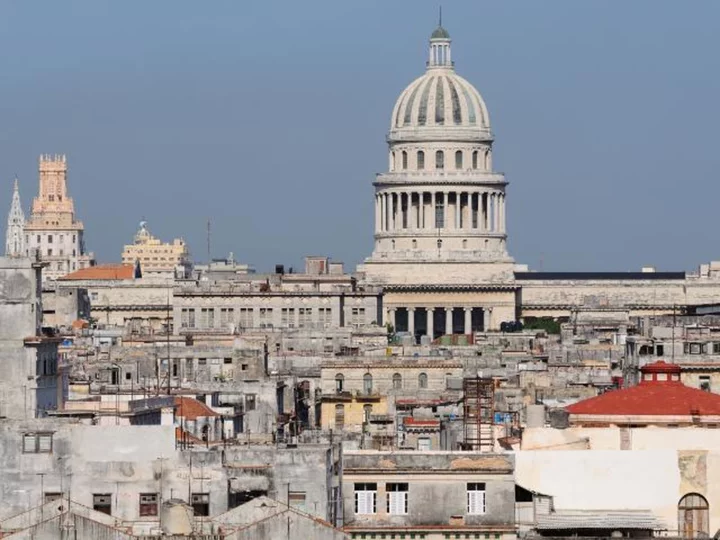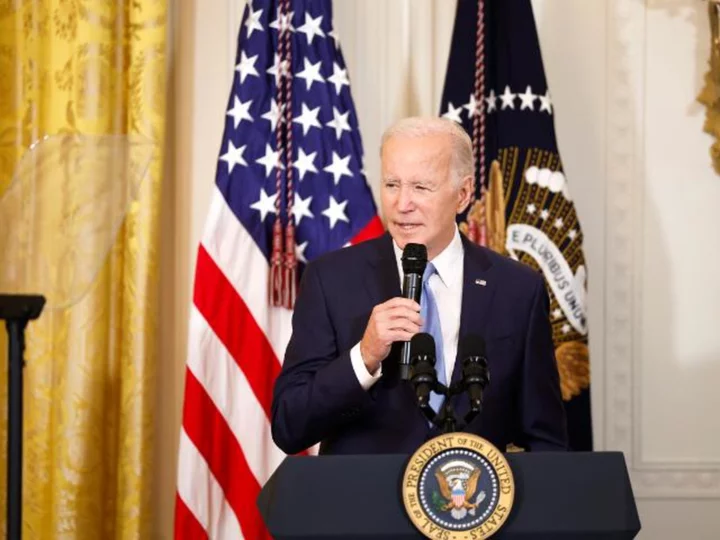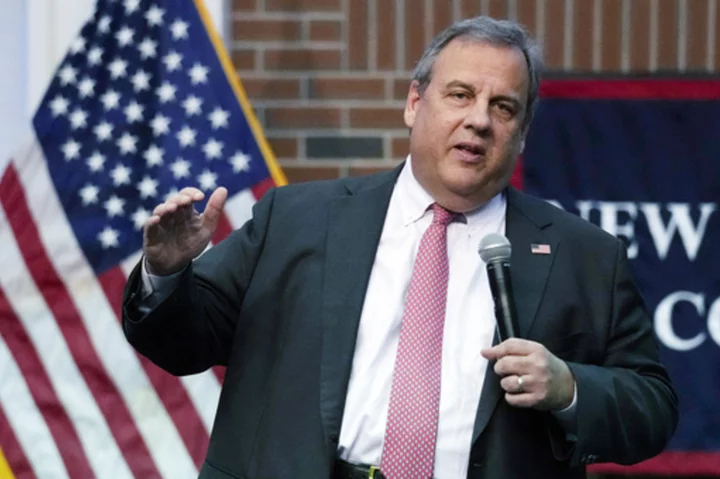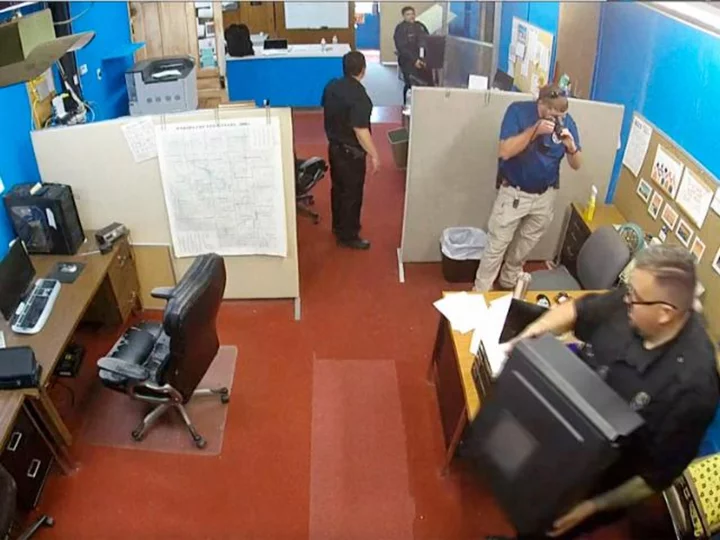Cuba has agreed to allow China to build a spying facility on the island that could allow the Chinese to eavesdrop on electronic communications across the southeastern US, a source familiar with the intelligence told CNN.
The US learned about the plan in the last several weeks, the source said, and it is unclear whether China has already begun building the surveillance facility.
It would not be the first time China has attempted to spy on the US' electronic communications, known as signals intelligence. A suspected Chinese spy balloon that transited the US in February was capable of gathering signals intelligence and is believed to have transmitted back to Beijing in near-real time, sources told CNN at the time.
In that case, the US took steps to protect sensitive sites and censor intelligence signals before shooting down the balloon. But it is unclear what the US can do to stop the construction of a Chinese spying facility in Cuba.
The Wall Street Journal first reported on the new intelligence about the facility.
"This report is not accurate," National Security Council spokesman John Kirby said in a statement on Thursday afternoon. "We have had real concerns about China's relationship with Cuba, and we have been concerned since day one of the Administration about China's activities in our hemisphere and around the world. We are closely monitoring it and taking steps to counter it. We remain confident that we are able to meet all our security commitments at home and in the region."
Kirby initially told the Journal on Thursday morning that he "cannot speak to this specific report," but that US officials are "well aware of—and have spoken many times to—the People's Republic of China's efforts to invest in infrastructure around the world that may have military purposes, including in this hemisphere."
The CIA declined to comment. CNN has reached out to the Chinese and Cuban embassies in Washington, DC.
The source familiar with the intelligence noted that while an eavesdropping base on Cuba would be concerning, China has already established footholds inside the US -- namely, secret police stations that the Biden administration has begun to crack down on.
The US also conducts spying missions near China, using reconnaissance aircraft that routinely engage in electronic eavesdropping. One of those US planes was recently intercepted by a Chinese fighter jet, in what the US described as a dangerous and unprofessional maneuver.
But the revelation about the potential Chinese outpost in Cuba comes as US-China relations have reached a low point, following the spy balloon incident and several aggressive maneuvers by Chinese aircraft and ships against US assets in the South China Sea.
The US has been trying to mend the relationship, and dispatched CIA Director Bill Burns to Beijing last month for talks with Chinese officials. Secretary of State Antony Blinken is also expected to visit China in the coming weeks.
But last week, China's defense chief refused a meeting request by US Secretary of Defense Lloyd Austin and warned the US to stop operating near Chinese waters and airspace.
"The best way to prevent this from happening is that military vessels and aircraft not come close to our waters and airspace," Chinese defense minister Li Shangfu said in Singapore last week, referring to recent close calls between Chinese and US planes and ships. "Watch out for your own territorial waters and airspace, then there will not be any problems."
The Biden administration has done little to try to improve relations with Cuba and has only resumed limited bilateral conversations on matters like migration. Following rapprochement efforts under the Obama administration, relations plummeted due to the so-called "Havana Syndrome" illness that impacted US diplomats posted in the Cuban capital and the Trump administration's decision -- during the final days of that administration -- to re-list Cuba as a state sponsor of terrorism.









